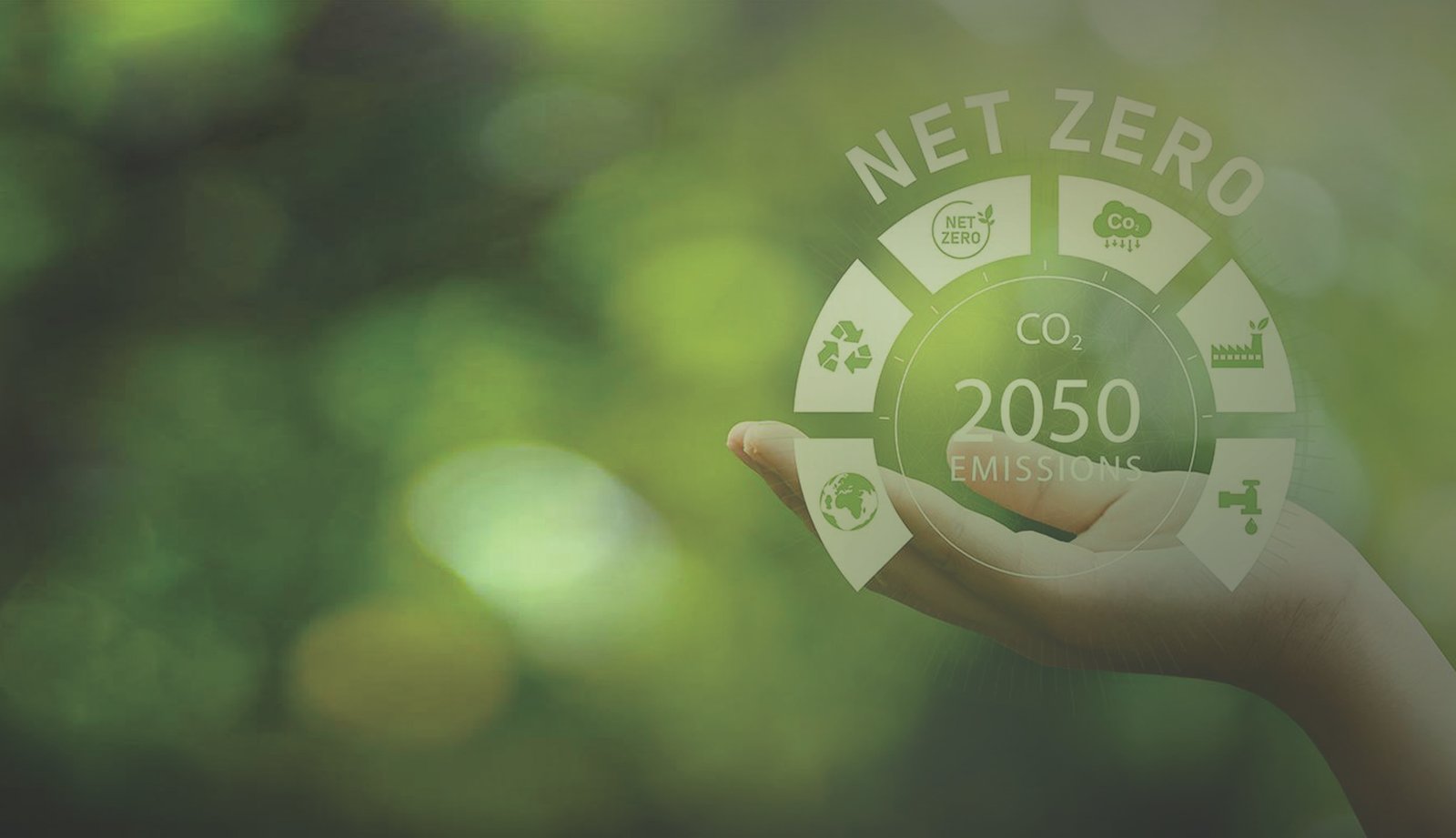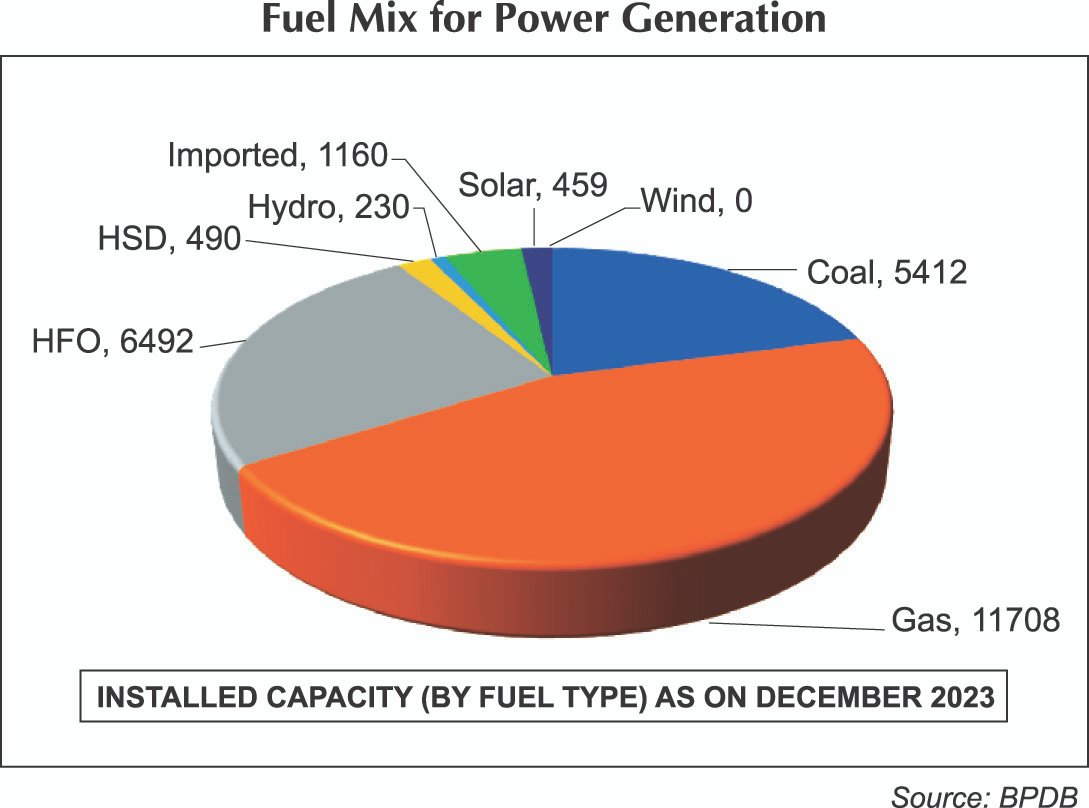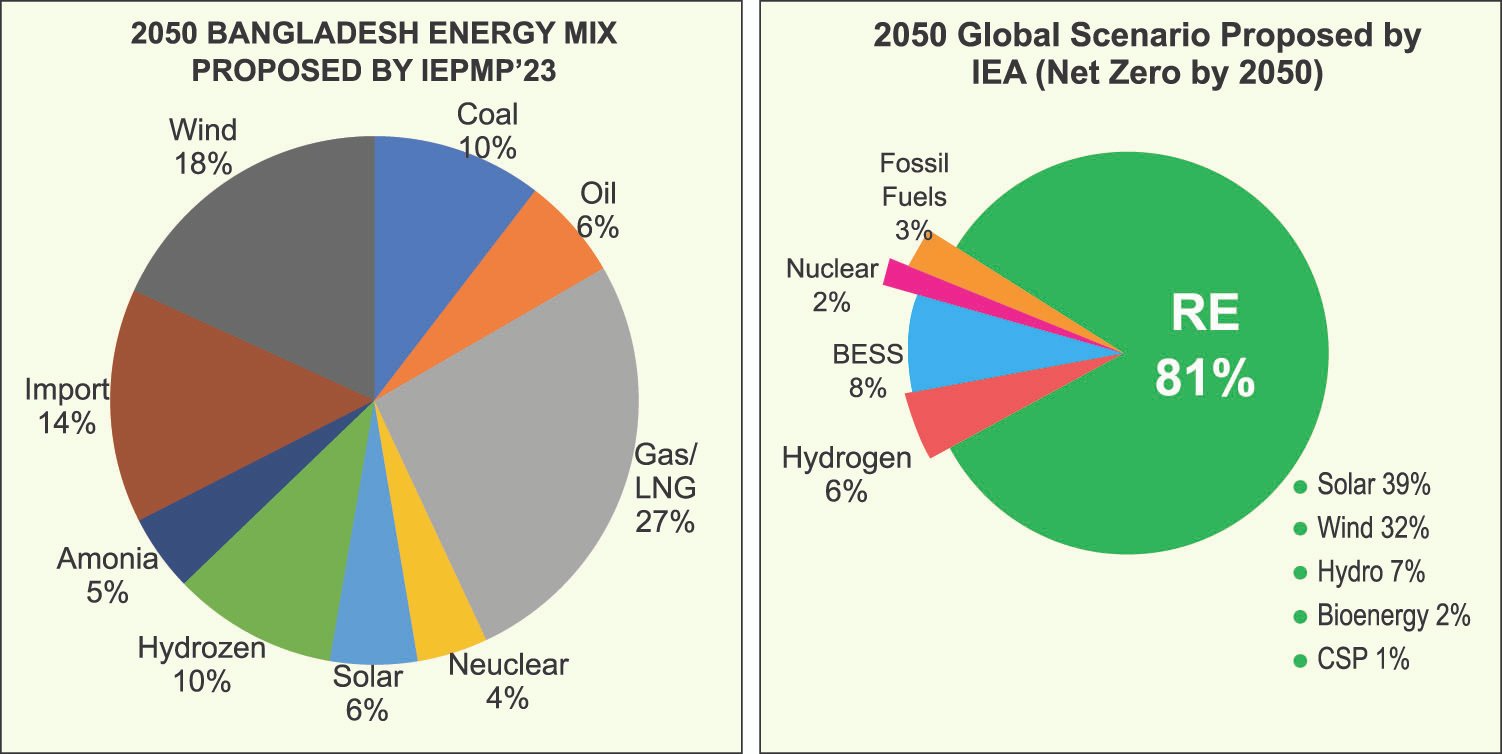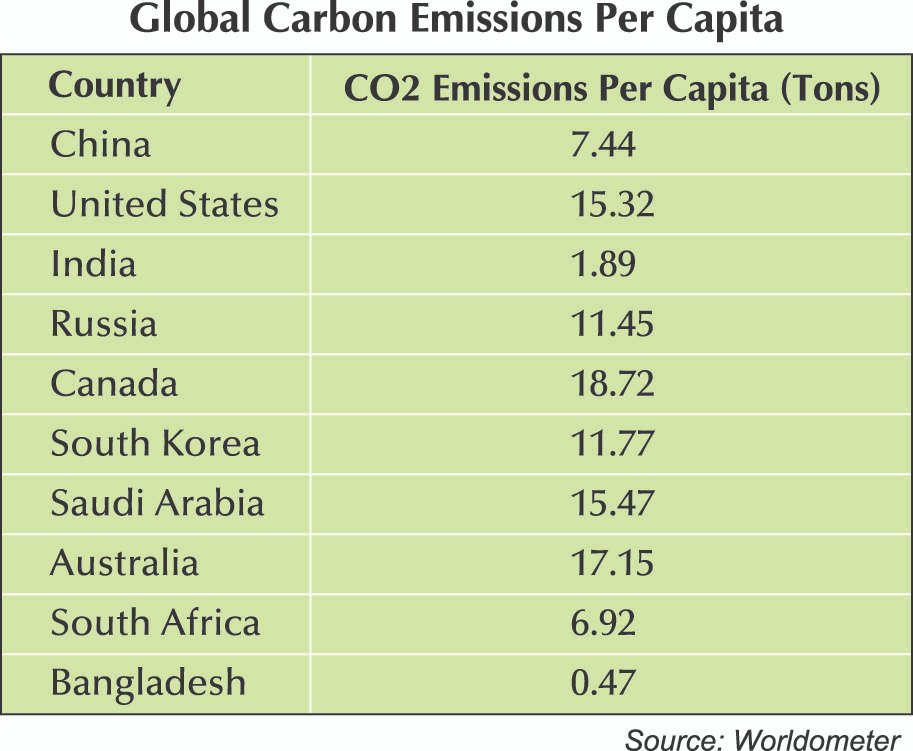
The world community is committed to limiting global warming below 1.5 degrees Celsius by 2100. But despite hectic parleys in every COP, it appears highly unlikely that net zero 2050 will be achieved. Two major polluting countries India and China have categorically mentioned and confirmed that it may be 2060 and 2070 before they achieve net zero. Bangladesh which has a negligible carbon footprint has no obligation to reduce emissions. There is no need to decarbonize its power and energy sector hurriedly. It does not matter how sooner or later Bangladesh achieves net zero. The real challenge for Bangladesh is ensuring sustainable energy security to keep its economic development growing steadily. We are not sure that JICA-assisted IEPMP 2023 which Bangladesh has adopted has correctly addressed issues and options Bangladesh is encountering in ensuring a smooth supply of primary fuel for feeding its energy generation and supply of electricity and fuel to industries. The fuel mix suggested in IEPMP 2023 does not align with the global fuel mix scenario. The contribution of RE has not been given priority. Rather emerging technologies like Hydrogen and Ammonia have been preferred over RE. IEPMP mentions about 40% of contributions to clean energy by 2041. But does not explain the exact details of the contributions of solar, wind, Nuclear, and imported hydroelectricity. Bangladesh possesses a significant reserve of high-quality coal and mineable depth. Bangladesh has recently set up some large, imported coal-based HELE (Highly Efficient Low Emission) power plants. Matarbari coal port has facilities to import and supply coal to at least three to four large coal-fired power plants. Power plants at Payra, Matarbari, Anowara, and Rampal amply demonstrated that modern coal-fired power plants can limit emissions well below international permissible limits. Bangladesh is struggling to feed its gas-based power plants due to the rapid depletion of proven gas resources and a lack of appropriate initiatives for exploring new gas resources. Bangladesh is also suffering in its efforts to import fuel (Coal, LNG, and Liquid Fuel) for the dollar crisis. Given the above experts observed that Bangladesh has no reason for hurrying decarbonization of power and energy industry. It must plan and execute measures for exploring and exploiting its primary fuel resources and go for efficient low-emitting technologies for energy generation. However, it must stress energy efficiency and energy conservation, and adopt smart technologies across power and energy supply chain management.

What Bangladesh needs is to progressively retire most of the highly polluting liquid fuel-based power plants and replace these with natural gas and coal-based ones. Commissioning of the Rooppur Nuclear Power Plant in 2025 will add some relief by providing a base load. From the end of 2024 all large, imported coal-based modern plants can deliver at full capacity facilitating the generation of required power for meeting the highest demand during seasonal peak. It is expected that the present crisis of dollar supply will soon be over and the government can provide the required support to the energy and power sector in meeting payment obligations of the companies for importing fuel and making payments to suppliers. However, we strongly believe that the government must review the fuel mix proposed in the IEPMP.

In our opinion, Hydrogen and Ammonia are still emerging technologies globally. For Bangladesh proposing a 10% contribution of Hydrogen, a 5% contribution of Ammonia and a 6% contribution of Solar by 2050 appears unrealistic. Even the IEA proposed global scenario by 2050 indicates that RE contribution will be 81%. Solar with battery storage facilities is the future of Bangladesh be it rooftop solar, solar irrigation, floating solar, grid-connected solar, or hybrid. The government must provide necessary incentives to other fossil fuel-based IPPs to increase the contribution of solar. In the meantime, own natural gas and imported LNG must be given priority as an interim transition fuel.
Bangladesh Lost Opportunities
Failures of subsequent governments since 2000 in planning and developing primary fuel resources have created a very unpleasant situation in Bangladesh. There exists significant potential for discovering more gas in onshore areas, but vast offshore remains virtually unexplored. EMRD and Petrobangla recently waking up from slumber have expedited exploration initiatives which if taken from even 2010 could make a lot of difference. Bangladesh lost opportunities for accessing the proposed tri-nation open access pipeline from Myanmar to India traversing Bangladesh territory. If materials following the draft MOU were reached in the tri-nation techno-economic committee meeting at Yangon in 2005, Bangladesh could get 500 MMCFD gas at US$2.00/ unit. Bangladesh also did not care about approving the UNCOL-propose WRIP project in 2000 for developing Bhola Gas fields, supplying gas to Khulna, and setting up gas-based power plants at Bhola, Barishal, and Khulna

Though this writer does not believe in per capita carbon emission as a guiding principle, it is strange to note that donor agencies and development partners from highly emitting countries show their concerns for emissions control in Bangladesh. Those countries must commit funds to GCF, adaptation and mitigation, Loss and Damage. Bangladesh has already reduced emissions using its funds and can reduce more if developed nations provide technical assistance and financial support.

In conclusion, we must say Bangladesh does not need to hurry for decarbonization of power and energy sector. It must explore and exploit its natural resources (coal, natural gas) and utilize this adopting state-of-the-art less polluting modern technologies. Natural gas and LNG may continue as preferred interim fuel. However, Bangladesh must provide the required incentives to RE for smooth growth and development. Energy Efficiency and Energy Conservation must also be given the highest priority. Bangladesh must also review its gas utilization options using gas only in sectors that add value. It does not matter to Bangladesh and the rest of the world if Bangladesh achieves net zero in 2100.
Download Article As PDF/userfiles/EP_22_2_Article Sufi.pdf



